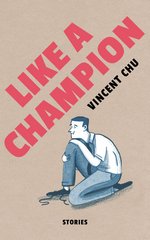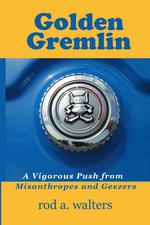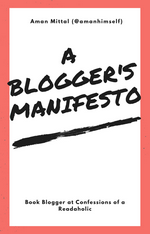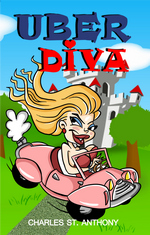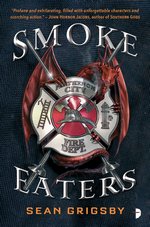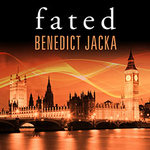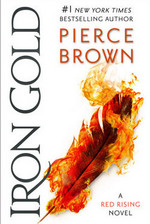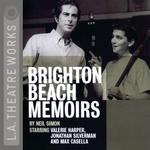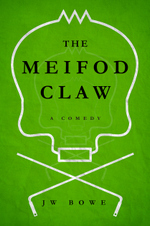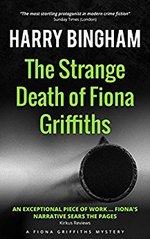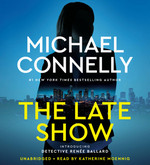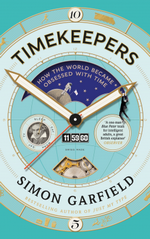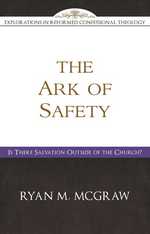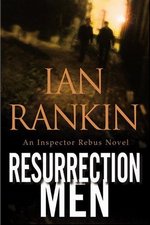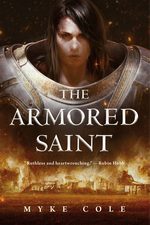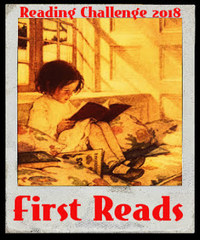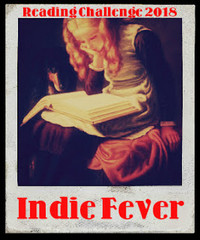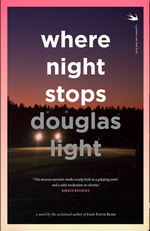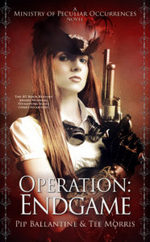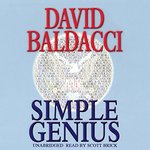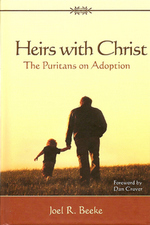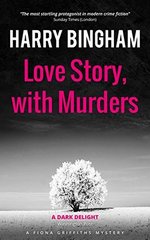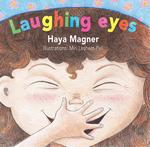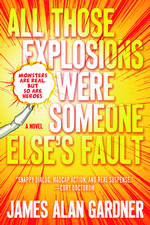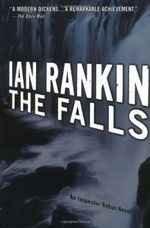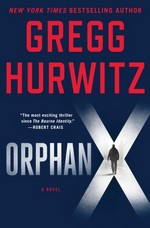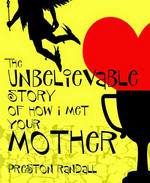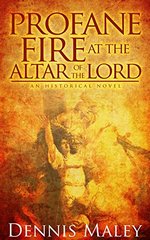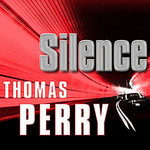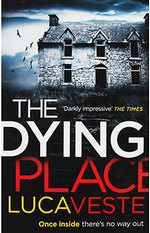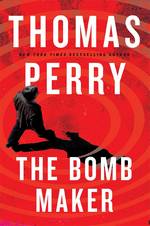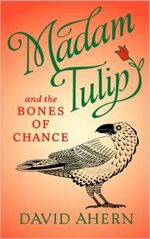 Madam Tulip and the Bones of Chance
Madam Tulip and the Bones of Chance
by David Ahern
Series: Madam Tulip, #3Kindle Edition, 368 pg.
Malin Press, 2018
Read: March 5 – 6, 2018

Many people doubt psychic powers exist, but the doubters do not include actors. Everyone in showbusiness knows that as soon as one actor learns of a casting, actors of all ages, ethnicities, creeds and genders are instantly aware of every detail. Einstein claimed that faster-than-light communication is impossible. Einstein was not an actor.
But not even the actors that Derry, Bruce and Bella knew had an inkling of the dash of good fortune heading toward Derry and Bruce — they were given roles in a movie without the need to audition, if they could get themselves to Northern Scotland and Derry might have to give a reading or two. For readers new to this, Derry played the role of Madam Tulip on occasion — giving psychic readings at parties and the like. Derry was initially reluctant to take the role, but she needed the work — and Bruce only got his job if she took hers.
So they find themselves in Scotland — a land not necessarily ready for or welcoming toward people making a film. Which almost describes the director, too. He’s clearly nuts — and not in the genius filmmaker kind of way. Many of the other professionals on set did seem to know what they’re doing, which went a long way to keeping the production running. But mostly, the antics on the set made for good comedy. Derry is given a set of bones on set to add to her gypsy character’s fortune telling routine in the historical drama.
While practicing with the bones, Derry starts to have visions, we’ll get into that later, but it’s clear that she’s gotten herself into more than meets the eye (again).
The most striking and interesting people in the book aren’t on the film set — believe it or not. As the blurb on the back says,
A millionaire banker, a film producer with a mysterious past, a gun-loving wife, a PA with her eyes on Hollywood, a handsome and charming estate manager—each has a secret to share and a request for Madam Tulip.
As usual, Derry’s desire to help people and natural nosiness gets her involved in these people’s lives (okay, she might have less altruistic motives about the estate manager). And that’s before someone tries to kill her and/or one of her new friends. Once that happens, Derry can’t help but dive into finding out what’s going on. Madam Tulip may be able to guide the direction she goes, but it’s Derry’s on cleverness that will carry the day.
In Madam Tulip, her father seems to actually believe that she had some psychic ability, otherwise it seems like a lark, something she does for giggles. But in book 2, it seemed possible that she might actually have some abilities, but there wasn’t much in the novel that was more than a hint or suggestion that she did. But here? That hint, that suggestion is gone — she sees things when she rolls the bones, her Tarot readings do say a lot that’s true (and future) about the person she’s reading the cards for. I think I liked it better when the reader wasn’t sure if she had gifts or not, honestly — but only a little bit.
I’ve been a fan of this series since chapter two or three of the first book, so you’re not getting anything really objective here (not that you ever do). But this is the best that Ahern’s done yet — there’s plenty of good comedic writing (there are lines I tried to shoehorn into this, but couldn’t, that made me laugh out loud), a mystery you can’t really guess the solution to, a little peril, a dash of romance and some fun characters. That’s not even counting Derry and Bruce. Bones of Chance is a strong entry in the series that will please fans, but it’s also a decent jumping on point for new readers. Basically anyone who enjoys light mysteries with a touch of something extra should have fun with this book.
There are times that I fear my enthusiasm towards a book doesn’t come through, and I usually don’t know how to achieve that better — this is one such time. I found myself grinning frequently while reading this — I chuckled, I even laughed out loud. I had a few theories about the trouble that Derry was getting herself into, and failed with almost all of them (a sign of a good mystery/thriller, if you ask me). If you’re not picking up my enthusiasm, that’s on me, just trust me that it’s there.
Disclaimer: I received this eARC from the author in exchange for my honest opinion..
—–



